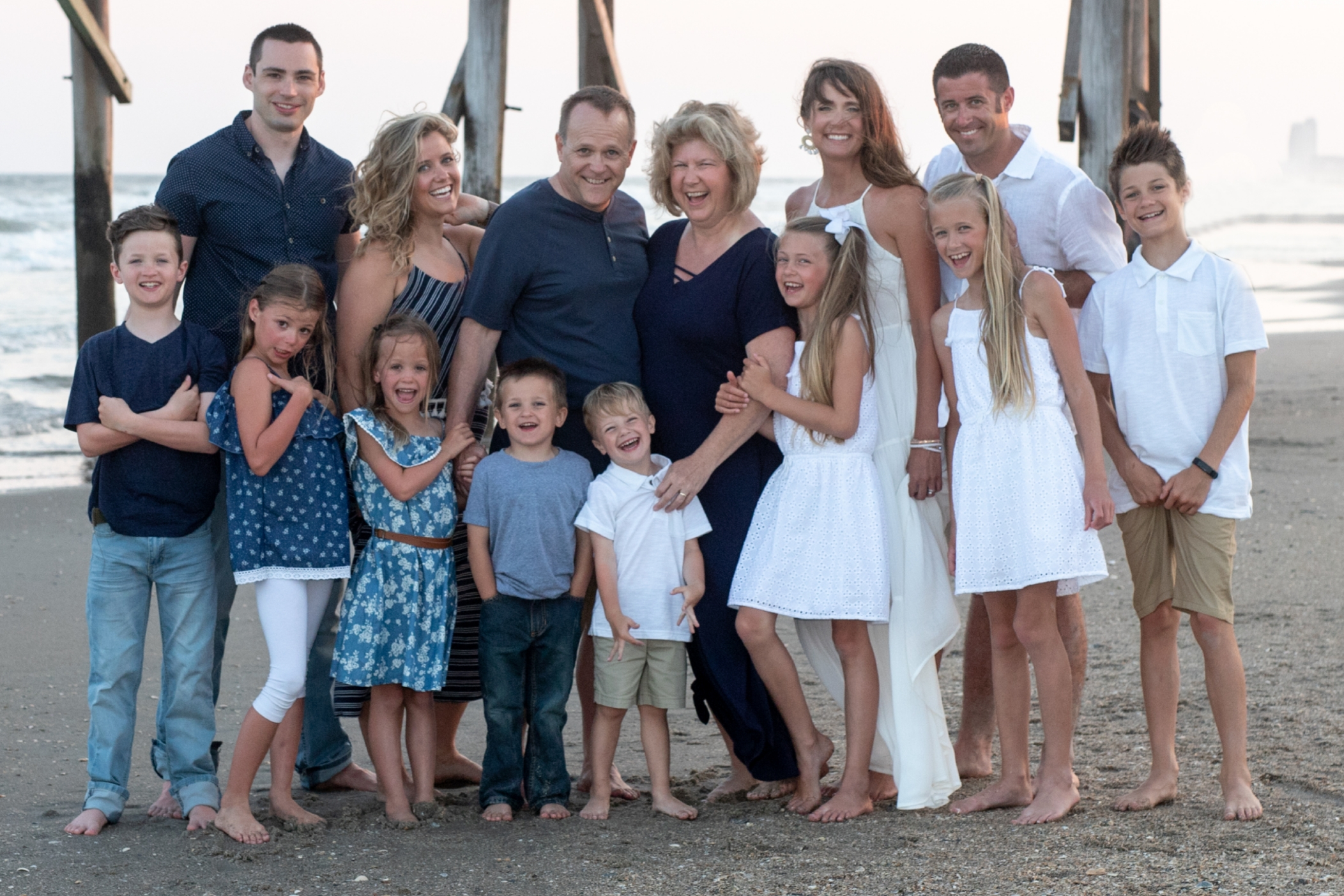My husband drove me to the hospital, cloaked in the darkness of the early morning hours. “Ok,” I sighed, “In and out, no problem. It’s all good.”
But when I woke from the anesthetic, I did not receive the news I had trusted God for. “I’m so sorry, Evelyn. We found cancer,” my doctor told me. “We need to set an appointment to discuss your treatment plan.”
No one wants to hear the word cancer and their name in the same sentence. Disbelief clouded my mind. Fear gripped my already weary heart. We’d already been through so much the last couple of years that I thought we had paid our “suffering dues.”
Suffering is not a topic we discuss in our churches. We either try to pray the problems away or avoid the subject altogether, and when we do encounter trials, we ask God to remove them. After all, he is the Deliverer, Healer, and Provider.
While we know that God can do more than we ask or think (see Ephesians 3:20), what if the pain in our lives has a purpose? What if our darkest nights become our most profound times of growth?
After losing my mom to cancer, I remember praying, “God, please don’t ever let me get cancer.”
I wanted ease. But God wanted holiness. I wanted him to make a way. But he wanted to be my way. What seemed like an unanswered prayer at the time was actually the greatest gift God could have given me.
…our present troubles are small and won’t last very long. Yet they produce a glory that vastly outweighs them and will last forever
2 Corinthians 4:17
As I sat and listened to the doctor give a detailed pathology report, a single thought ran continuously through my mind: “Cancer does not get to define me. Only God has that right. Father, you have already walked this road that is unknown to me. Make my way clear. Mark my path with evidence of your grace.”
There were many grace gifts along the way, but one in particular equipped me to walk this dark road with joy and peace: lament. Lament pried my fingers off the need to control and opened me up to the beauty of surrender.
Worldly grief allows us to acknowledge the loss, but biblical lament permits us to express the pain, the wrestling, the fear, and the frustration at the feet of Jesus. However, it doesn’t just leave us there. As Mark Vroegop states in his book Dark Clouds, Deep Mercy, “Biblical lament is transformative. It is the song we sing in the space between pain and promise” (p. 106, 189).
David gave us many examples of lament in Psalms. And Jeremiah penned a whole book on the topic of lamenting. Even Jesus demonstrated the power of crying out to God in the garden of Gethsemane, knowing the suffering of the cross that lay before him: “Father, if you are willing, please take this cup of suffering away from me. Yet I want your will to be done, not mine” (Luke 22:42).
Taking a cue from these biblical examples, I walked the road of suffering armed with lament. When doubts and fears came into view, I earnestly prayed to God, holding nothing back. He held me, patiently listening to my heartache and petitions. And when all was said and done, he reminded me of who he was and how his faithfulness had carried me.
My prayers of sorrow eventually turned into praise. I joined Jeremiah’s song from Lamentations 3:19-24: “The thought of my suffering and homelessness is bitter beyond words. I will never forget this awful time as I grieve over my loss. Yet I still dare to hope when I remember this: The faithful love of the Lord never ends! His mercies never cease. Great is his faithfulness!”
If you too find yourself walking down the road of uncertainty or loss, lament is a companion that can walk beside you in the pain and plunge the roots of your faith deep into the character and promises of God.
And in His presence, there is fullness of joy
Psalm 16:11
(first published in Truly Co Magazine 2023, Vol. 4 issue 2)







6 Responses
Thanks for this!
I pray it encourages you.
Thank you for your encouraging message.
Goodness and mercy will follow you all the days of your life.
Kathy
Yes, indeed. I’m grateful for all the ways God equips us and cares for us.
Wonderful message. The promise is there through it all. Precious message and thank you. Blessings to you and your family.
Thank you for your encouraging words.